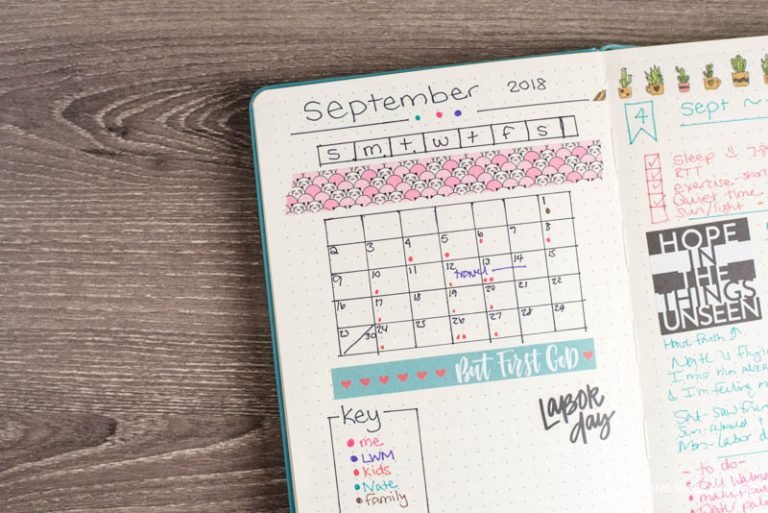How Does Burnout Impact Personal Life – Consequences Beyond Work
When the stress of juggling work-life balance ceases to be a hurdle and becomes a persistent obstacle, you may be facing burnout. Recognized by the World Health Organization as an occupational phenomenon, burnout extends beyond the workplace, deeply impacting personal life.
It’s not just a bad day or a tough week; burnout can make carrying out daily tasks feel like a monumental challenge and can strain your relationships and personal health.
Feeling consistently drained, emotionally exhausted, and detached can signal the onset of burnout. These symptoms can cause a ripple effect, influencing your ability to maintain a healthy lifestyle or enjoy time with loved ones.
The repercussions of ignoring such symptoms can be profound, often leading to a decline in both mental and physical well-being.
By understanding the definition of burnout and recognizing its symptoms early on, you are better equipped to take proactive steps towards addressing it.
Practical steps may include setting boundaries at work, finding time for rest, seeking support, and prioritizing self-care to ensure that your professional life doesn’t overshadow your happiness and health.
For more information on coping strategies and when it might be time to seek professional help, visiting trusted medical resources like those provided by the クリーブランドクリニック そして Verywell Mind can be beneficial.
Effects of Burnout on Personal Well-being
When burnout takes hold, it can profoundly affect your life, impacting everything from your physical and mental health to your relationships and daily productivity.
Physical and Mental Health Impacts
Physical Symptoms: Chronic stress and burnout often manifest as physical issues. You might experience persistent fatigue, headaches, or changes in your sleep habits. These are signals that your body is struggling to cope with the pressure it’s under.
Mental Health: Emotional exhaustion doesn’t just leave you feeling depleted; it can lead to depression and anxiety. Without intervention, such as therapy or other support, these mental health challenges can become severe, affecting all areas of life.
Social Relationships and Isolation
Less Social Interaction: Burnout can strain your social life. You might withdraw from friends and family, leading to isolation.
Impact on Relationships: Your social connections can suffer due to irritability or a lack of energy to engage, potentially leading to friction and damaged relationships.
Work-Life Balance and Productivity
Unmanageable Workload: An unmanageable workload is a common catalyst for burnout, disrupting a healthy work-life balance. You may find yourself working longer hours to the detriment of personal time.
Reduced Productivity: Despite working more, your productivity may suffer. Burnout can cause you to feel less engaged and effective at work and home.
Emotional Repercussions and Behavioral Changes
Emotional Exhaustion: You might feel emotionally drained, leading to cynicism or detachment from your job and personal life.
Behavioural Changes: These emotional challenges can result in behavioural changes, including increased reliance on substances or changes in appetite.
Taking action to manage symptoms of burnout is essential. Whether it’s restructuring your workload, seeking a therapist’s guidance, or practising self-care routines, addressing burnout is pivotal to restoring your well-being. For more information on managing burnout, visit helpful articles at NCBI on burnout prevention or viewpoints on confronting health worker burnout at NEJM.
Strategies for Managing and Recovering from Burnout
Recognizing that burnout affects not just your work but also your home and personal life is a crucial step towards recovery.
The consequences can lead to a significant drop in productivity and job performance, hinder personal relationships, and even damage your health. Addressing burnout requires proactive strategies aimed at managing and reducing long-term stress.
Developing a Self-Care Routine
Initiating a self-care routine is vital. Focus on regular exercise, which can drastically reduce symptoms of stress and improve physical and mental well-being. Additionally, adequate sleep and a healthy diet are fundamental to recovery, helping to restore energy and boost resilience.
Practices such as yoga and meditation can help develop mindfulness and a sense of calm.
- エクササイズ: Aim for at least 30 minutes a day; maybe try a relaxing walk or a refreshing swim.
- ダイエット: Include nutrient-rich foods like fruits and vegetables in your meals.
- 寝る: Set a regular bedtime and create a restful environment for quality sleep.
Professional Help and Therapy
Sometimes, the best way to tackle burnout is to seek professional help. Therapists or counsellors experienced in treating burnout can provide personalized coping strategies.
Support groups offer a platform to share experiences and strategies with others who are facing similar challenges. For those in highly stressful roles, like teachers or public-facing jobs, this can be particularly beneficial.
- を見つける support group that allows you to connect with peers and share coping techniques.
- Consider professional therapy if you experience chronic burnout, feel isolated, or struggle with negative thoughts.
Lifestyle Changes and Resilience Building
To build resilience, it’s essential to integrate lifestyle changes that promote long-term well-being. Taking regular breaks, setting boundaries at work, and ensuring you have time for vacations or days off can prevent the build-up of stress.
Resilience building is about creating a sustainable way to cope with stress, which in turn can lead to increased creativity and better job performance.
- Breaks: Take short, frequent breaks throughout your workday to prevent mental fatigue.
- Boundaries: Learn to say no, delegate tasks, and understand that perfectionism can lead to burnout.
Burnout can be managed with the right strategies, leading to a more balanced personal life. Incorporate these methods to help restore balance and renew your sense of purpose. Remember, long-term change comes from consistent, everyday choices, and sometimes, it’s essential to take a step back for the sake of your health and happiness.
7 Ways to Recover from Burnout Burnout Prevention and Treatment – HelpGuide.org Burnout Recovery: 11 Strategies to Help You Reset – Healthline How to Recover From Burnout – Verywell Mind How Burnout Became Normal — and How to Push Back Against It






